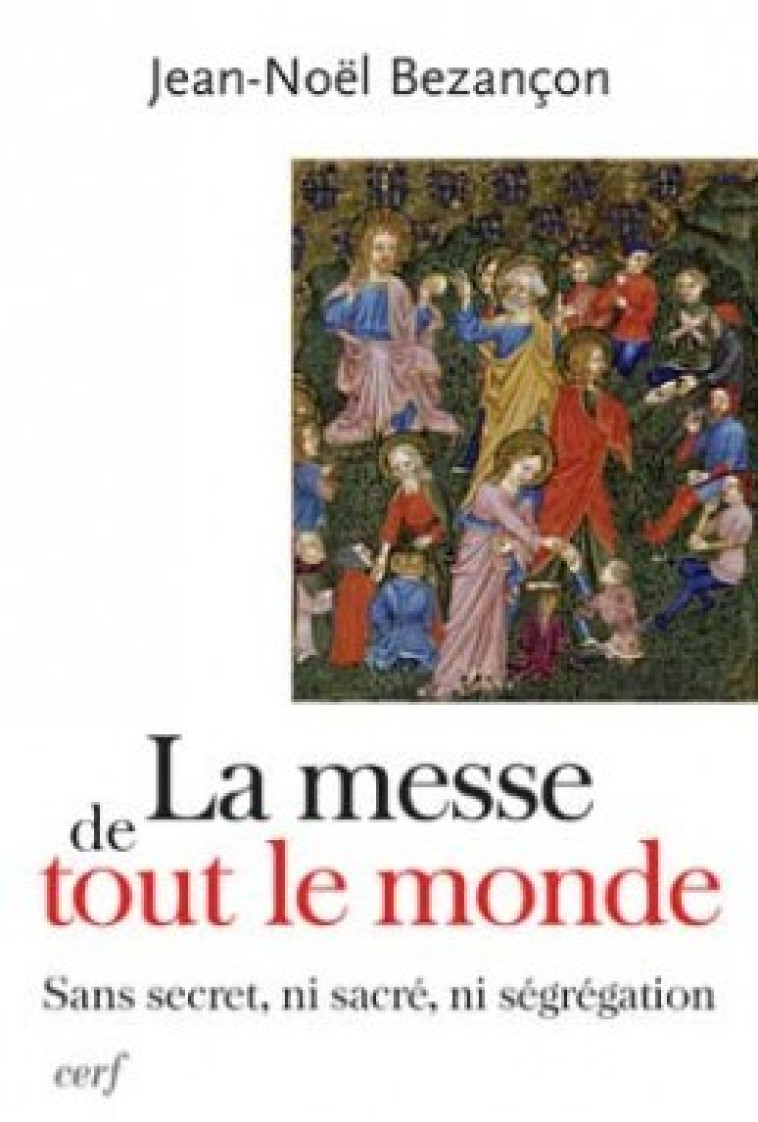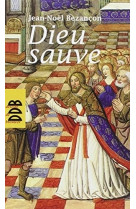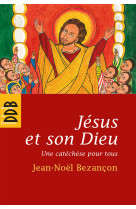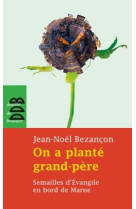--
The liturgical reform undertaken by Paul VI, with the same authority as his predecessors, restores the Eucharist to all God's people. By returning to the antique celebration of the first centuries, before the additions and reinterpretations of the Middle Ages, it brings back the ‘age-old Mass' in its original simplicity. With the passing of the centuries, under the influence of a curious notion that whatever is sacred is also secret - a pagan notion and not an evangelical one - the Mass was more or less confined in the ‘choir' of the Churches. There, it was celebrated for the people, but without them in their name but on their behalf, with the priest's back turned to them, spoken in a low voice and what had become a dead language: Latin. It seemed as though the Mass had been confiscated by the ‘clergy'. The curtain of the Temple, rent in twain by the death of Jesus, was, in a way, restored. The Mass known as ‘Pauline' is ‘everyone's' Mass because it is an action of Christ's grace and of all those who form one body with Him because it is not the choice of one small group but the Mass celebrated by the Pope and all the other bishops, without exception, across the world. Lastly, because it offers the Father, through and with Christ, the life of the entire world.






